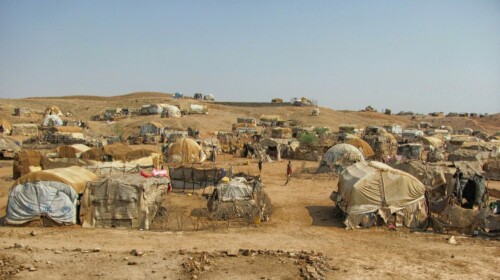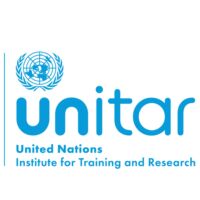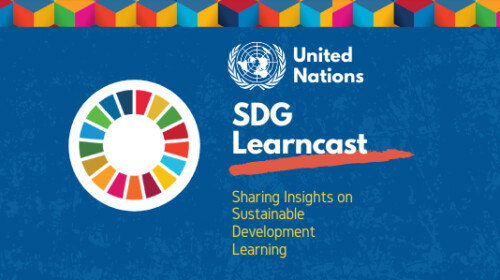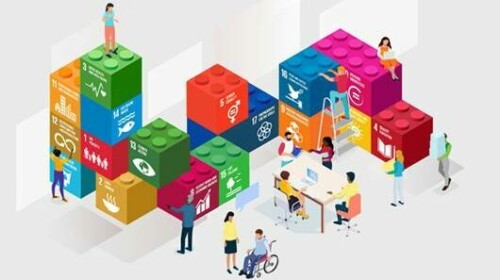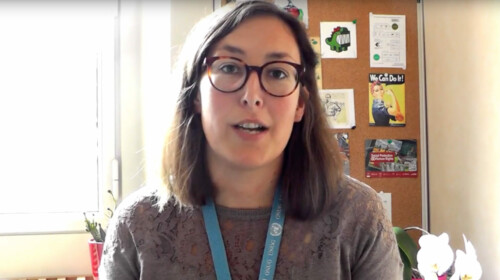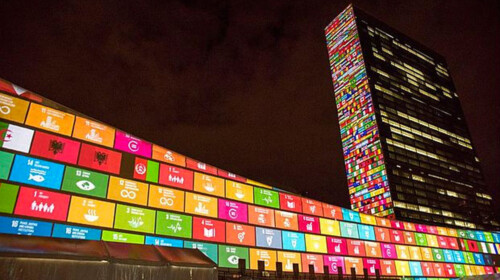This e-workshop on climate change and refugees will provide the participants with a broad overview of this complex topic, including how the nexus between climate change and forced migration has emerged and how it is currently governed by soft law instruments and binding conventions of refugee law and human rights law. Interactive by nature, it will offer space for discussion, experience sharing and critical reflection on the interactions between climate change and refugee protection under international law.
The first session will provide a mapping of the key issues at stake in the nexus between climate change and refugee protection, as well as an overview of the international legal framework based on the most relevant soft law instruments and other related binding conventions.
The second session will focus on the two key notions located at the intersection between climate change and refugees, namely the definition of the term ‘refugee’ and the principle of non-refoulement. It will discuss the limitations but also the potential of these two legal notions when applied in the context of climate change, natural disasters and environmental degradations.
During the final session participants will be able to put what they have learnt into practice during simulation exercises.
Participants who actively participate in all three sessions will receive a UNITAR Certificate of Participation after the final session.
Target Audience
Government officials, international civil servants, lawyers, judges, NGO representatives, academics and private sector professionals in the field of international law and international organizations.
Learning Objectives
Over the course of the 3 e-workshop days (12 training hours), participants will acquire a solid understanding of:
- The nexus between climate change and refugee protection under international law
- The common challenges to the complex interactions between climate change and refugees
- The key binding and non-binding instruments governing climate change and refugees
- The definition of the term ‘refugees’ and the principle of non-refoulement under international law

